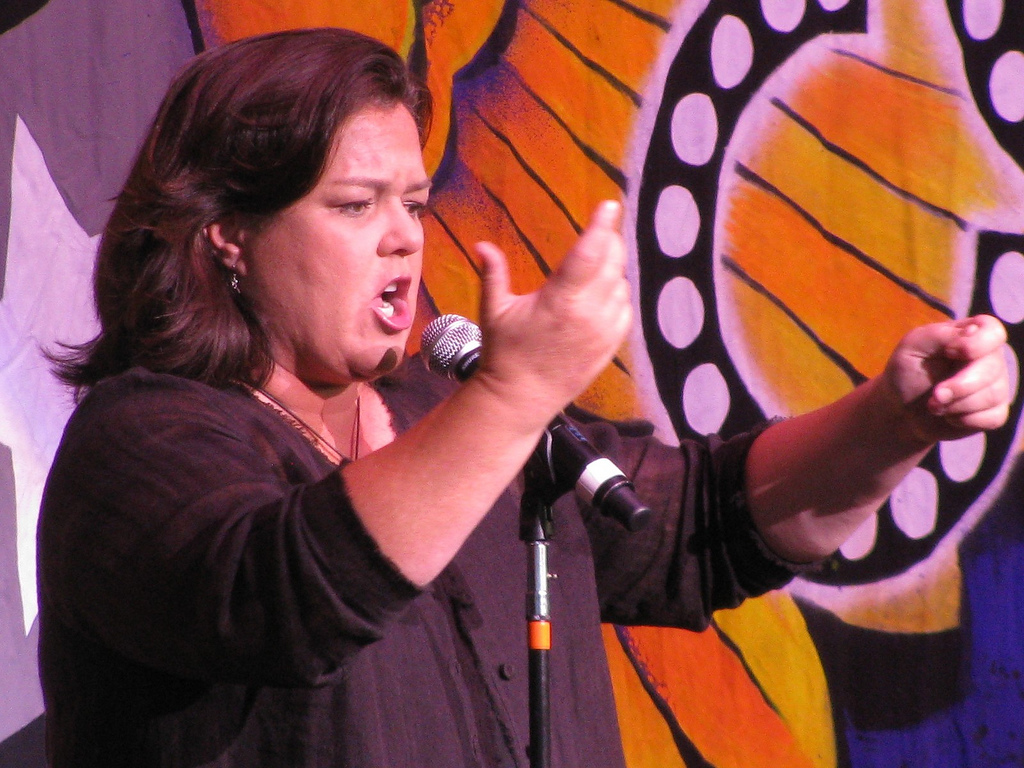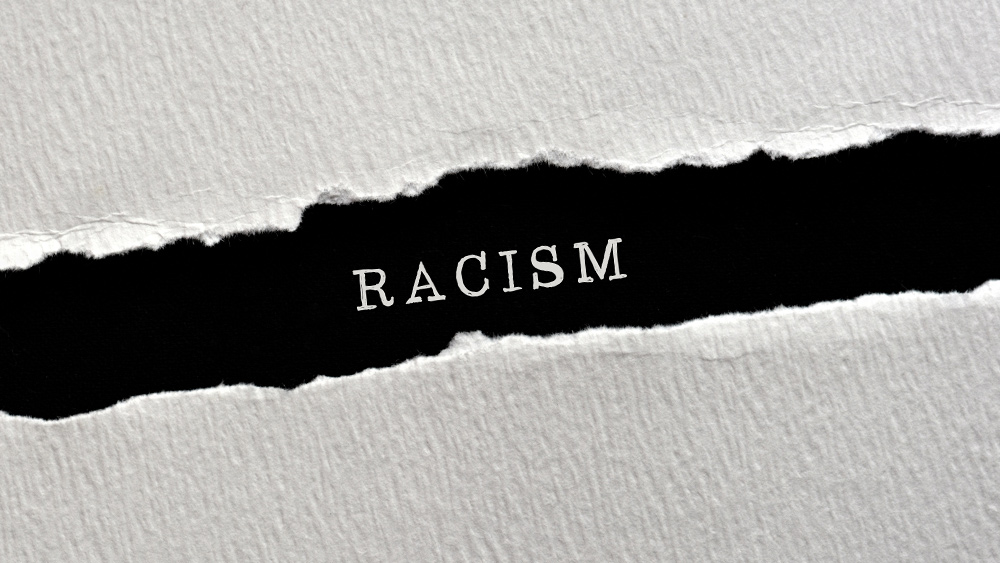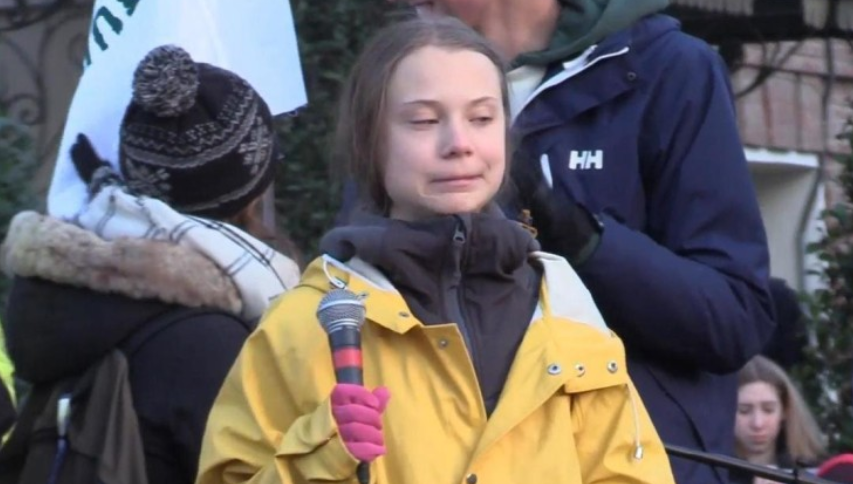
In addition to being a flaming leftist, Rosie O’Donnell is one strange woman.
As reported by The Western Journal, the liberal actress and comedian may soon find herself in a bit of trouble with the Federal Elections Commission after it was revealed that O’Donnell exceeded the $2,700 donation limit for political candidates on five separate occasions.
In response to the allegations, O’Donnell told the New York Post that there was “nothing nefarious” about her actions, adding, “If 2,700 is the cut off – (candidates) should refund the money. I don’t look to see who I can donate most to… I just donate assuming they do not accept what is over the limit.”
Specifically, O’Donnell donated $4,700 to Alabama Senator Doug Jones, a total of $4,600 to Pennsylvania Representative Conor Lamb, $4,200 for Illinois congressional candidate Lauren Underwood, $3,450 for New York City congressional candidate Omar Vaid, and $2,950 for House Intelligence Committee ranking Democrat Adam Schiff.
As of Saturday the 5th, when the New York Post published the article, only Conor Lamb’s campaign has announced that it would be returning the money. O’Donnell has placed part of the blame for the controversy on ActBlue, which she thought would cut off her donation amounts at the federal limit. But it gets weirder.
Suspicious behavior for "innocent" intentions
It has also been reported that O’Donnell used four different names and five different addresses when sending out these donations to candidates, leading many people to believe that she was intentionally trying to hide the source of these over-the-limit donations from the Federal Election Commission. Furthermore, and as noted by The Western Journal, “it seems ludicrous that O’Donnell, a longtime Democrat donor who has already given $90,000 in donations during the 2017-2018 cycle, would be unaware of federal donation limits.” (Related: Natural News has officially called for the arrest and criminal indictment of Rosie O’Donnell for attempted bribery of U.S. senators.)
Sadly, it seems unlikely that Rosie O’Donnell will be penalized for exceeding the candidate donation limit on multiple occasions. “Donors are rarely fined for excess contributions and then only if they are hiding the donations from the recipients,” explained Jan Witold Baran, a campaign finance lawyer out of Washington D.C. “Campaigns generally are not penalized for isolated contributions over a limit. However, multiple excessive donations may lead to an investigation… Fines could result in such cases.” (Related: Why isn’t Rosie O’Donnell being indicted and prosecuted for criminal campaign donations?)
Still, the fact that Rosie O’Donnell intentionally changed her name and her address to hide her donations is just a strange, out-of-the-ordinary thing to do. It says a lot about O’Donnell’s character, and confirms what conservatives (including, notably, the president of the United States) have thought of her all along – that she is an angry, unstable leftist willing to do just about anything to further the progressive agenda.
Interestingly, however, the controversy that O’Donnell is currently finding herself in is quite similar to what happened to conservative author and filmmaker Dinesh D’Souza back in 2012. At the time, D’Souza had asked two friends and their significant others to donate $10,000 each to a congressional campaign, and then after they contributed, he reimbursed them. Unlike what happened to O’Donnell, prosecutors decided to charge D’Souza, who later plead guilty to making illegal contributions in the names of others. After all was said and done, the conservative filmmaker was sentenced to eight months in a halfway house, five years' probation and an astonishing $30,000 fine.
Will Rosie O’Donnell face the same penalties that Dinesh D’Souza faced for essentially doing the same exact thing? Or will she be let off the hook simply because she’s a liberal? Unfortunately, the answer will more than likely be the latter.
Sources include:
Please contact us for more information.





















